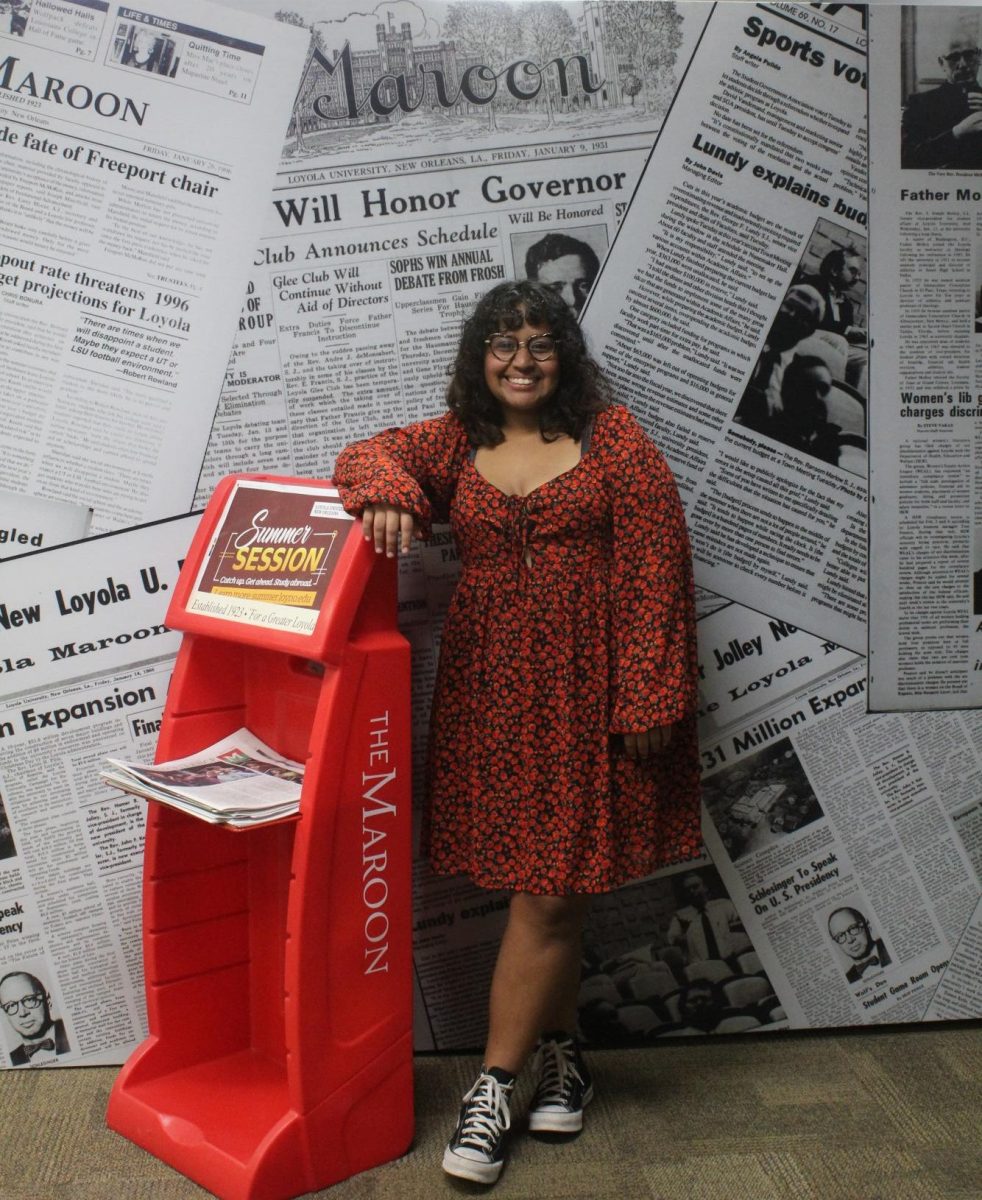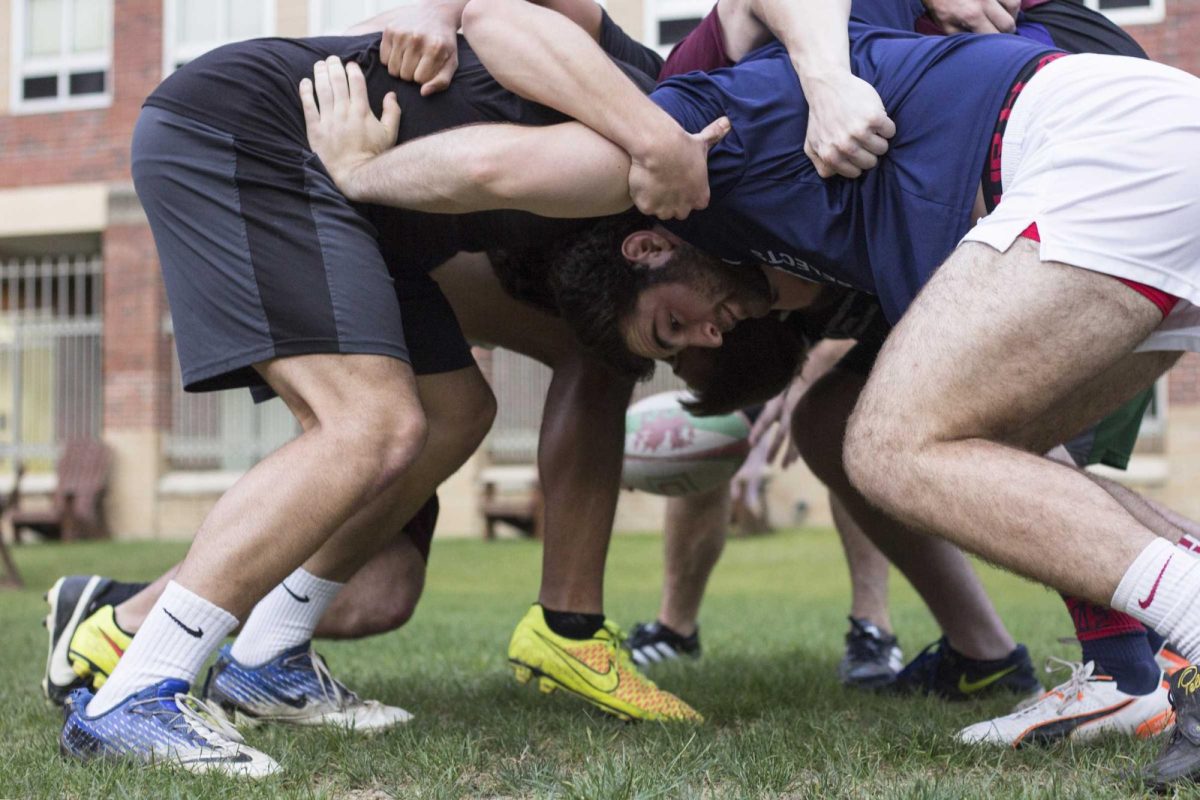This one’s for the history, sociology, English or cultural studies majors. How do we determine if graduate school is something that we should pursue?
With Master of Fine Arts deadlines coming up as early as Jan. 1, I’m desperately filling out forms and chasing down recommendation letters, hoping that one of those eight competitive programs that I apply to will accept me. It’s the undergraduate application process on steroids.
It costs nearly $200 for the GRE, not counting the money it costs to send the scores to the colleges – $40 to $80 per application. Then there is the cost to send official transcripts, and any other additional fees that might come up along the way.
Assuming that a struggling college senior can find the money to break through this initial cost-barrier, then a person like me just has to sit down and write the best thing I’ve ever written, and hope that some committee won’t think that I’m a complete waste of time.
Humanities majors are in a precarious position, which is one that forces us to decide what our degree is going to amount to, because usually there is not a life-course drawn out for us.
For those who want to become professors, a terminal degree is basically the only way to achieve that goal, short of writing a best-seller – but even that won’t guarantee you tenure.
At this moment, I can decide to travel the world on the proverbial shoestring and learn what different places can teach.
I can settle down here in New Orleans, sign up for some community organizing group and try to make a small difference in my neighborhood.
Or I could take the path of so many English majors before me and get a service-industry job that pays the rent while I work on that novel that may never get read. These are not the only choices, just some common opportunities.
For those starting their MFA applications, I’m sure you’ve felt that initial pull, which makes grad school feel like an inevitability and the only option if you want to succeed. And then there are those other times where you likely feel that you are wasting your time pursuing more education in order to put off the actual hard work of non-academic life.
If I can offer any advice, as a compatriot in confusion: apply, if you can afford it.
Then, when the year comes to an end, lay out all of the part-time positions, the acceptances and the rejections, the travel opportunities and the family businesses, and see what makes the most sense at the end of it all.
Now is not the time to make decisions. This semester is about creating choices.
Stewart Sinclair is an English writing senior and can be reached at
slsincla@loyno.edu












